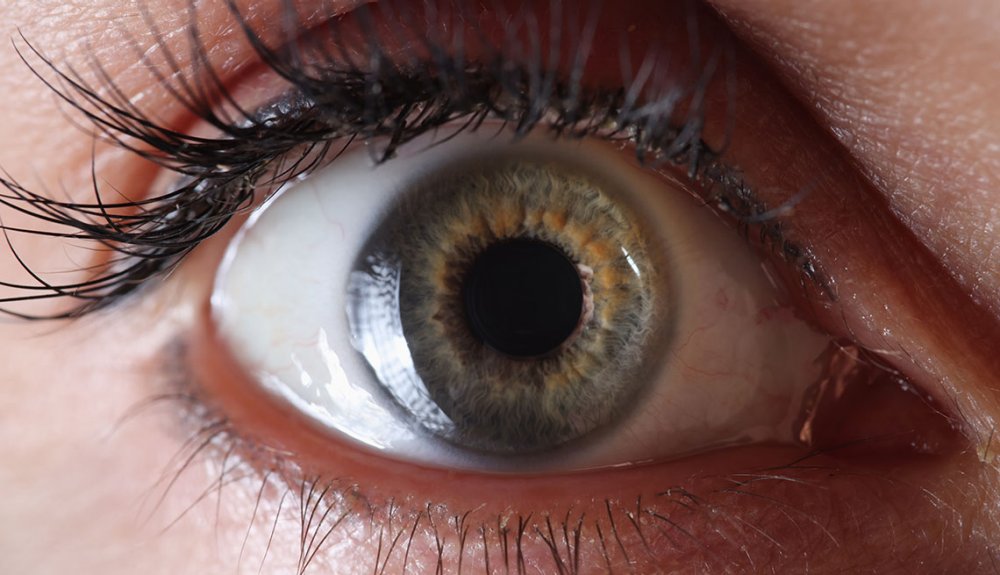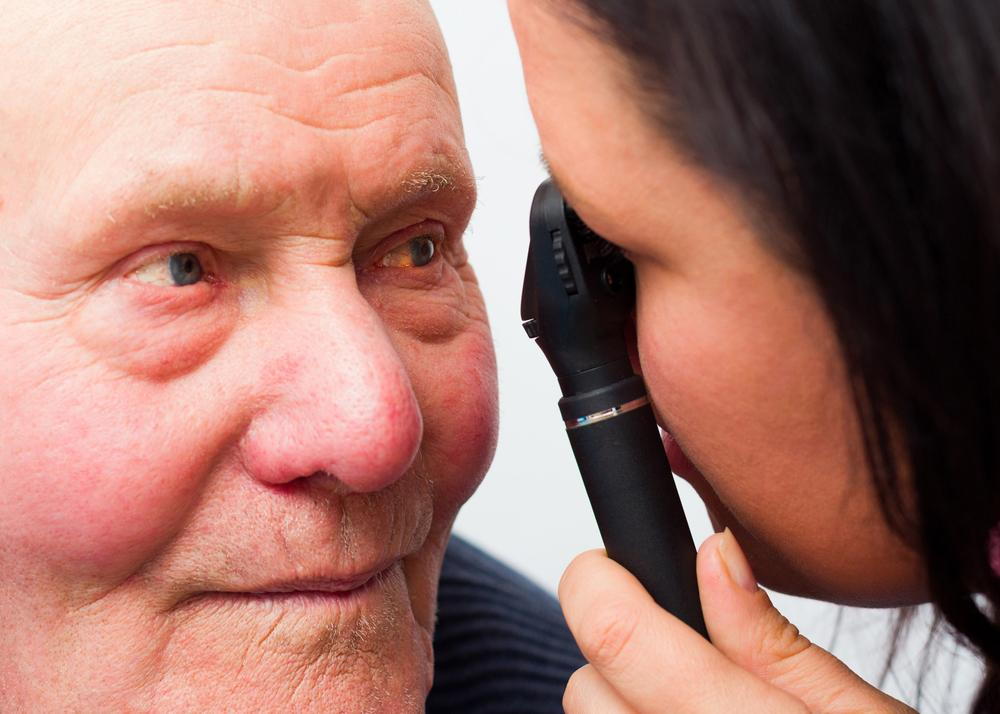All Categories
Featured
Unlocking Opportunities: Comprehensive Low Vision Recovery Alternatives.
Dealing with reduced vision can present distinct challenges, however contemporary rehabilitation approaches encourage individuals to flourish and adapt. From innovative technology to hands-on training, there are countless choices developed to improve day-to-day live and foster independence. Right here's a detailed check out the diverse rehabilitation options offered for those with low vision.
The Function of Reduced Vision Recovery
Reduced vision recovery concentrates on assisting individuals maximize their remaining vision and establish skills to manage their environments. With a combination of devices, training, and customized support, rehabilitation programs boost functionality and increase confidence in browsing everyday activities.
Secret Low Vision Recovery Options
Customized Visual Aids
High-Powered Magnifiers: These devices are available in portable, wearable, or digital formats, allowing individuals to review, write, or view objects up close.
Telescopic Glasses: Perfect for boosting distance vision, these glasses aid with tasks such as watching television or analysis indicators.
![]()
Filter Lenses: Colored lenses reduce glow, boost comparison, and offer UV defense, improving comfort and visibility.
Technological Innovations
Digital Magnification Tools: Desktop computer and portable gadgets provide flexible magnifying, making it possible for much easier accessibility to printed products and electronic material.
![]()
Voice-Assisted Innovation: Screen viewers, voice-enabled smart devices, and AI-driven applications aid users navigate the digital globe more efficiently.
Wearable Vision Aids: Smart glasses geared up with cameras and acoustic responses offer real-time help with reading, recognizing objects, and spatial orientation.
Professional Training Programs
Positioning and Movement Training: This program instructs people how to move confidently within their areas and homes, often integrating canes or overview dogs.
Daily Living Skills: Specialized training furnishes people with methods to perform crucial jobs such as cooking, clothing, and handling family duties.
Flexible Aesthetic Strategies: Therapists overview individuals on leveraging field of vision or scanning approaches to make up for vision loss.
Environmental Adjustments
![]()
Straightforward adjustments at home or job can substantially improve ease of access:
Using contrasting colors for better item distinction.
Adding task illumination to improve presence.
Marking home appliances with responsive indications for easier procedure.
Psychological and Social Assistance
Managing vision loss usually entails emotional changes. Assistance groups and therapy solutions supply a risk-free area to share experiences and develop resilience.
Peer mentoring programs connect people with comparable difficulties, cultivating camaraderie and shared services.
Accessing Rehab Solutions
Low vision rehabilitation services are widely available via:
Specialized Clinics: Ophthalmologists and optometrists learnt reduced vision care supply customized evaluations and services.
Nonprofit Organizations: Groups like the American Foundation for the Blind and VisionAware provide sources, advice, and recommendations.
Area Centers: Regional services may supply low-cost or totally free training and access to assistive gadgets.
Final Ideas
Reduced vision does not need to mean a lessened lifestyle. With the best combination of tools, training, and assistance, individuals can regain independence and appreciate satisfying lives. By discovering the countless recovery alternatives offered, those with reduced vision can discover methods that function best for their unique needs and conditions. If you or a loved one deals with vision obstacles, don't be reluctant to reach out to a reduced vision expert to begin the trip towards empowerment and flexibility.
Dealing with reduced vision can present distinct challenges, however contemporary rehabilitation approaches encourage individuals to flourish and adapt. From innovative technology to hands-on training, there are countless choices developed to improve day-to-day live and foster independence. Right here's a detailed check out the diverse rehabilitation options offered for those with low vision.
The Function of Reduced Vision Recovery
Reduced vision recovery concentrates on assisting individuals maximize their remaining vision and establish skills to manage their environments. With a combination of devices, training, and customized support, rehabilitation programs boost functionality and increase confidence in browsing everyday activities.
Secret Low Vision Recovery Options
Customized Visual Aids
High-Powered Magnifiers: These devices are available in portable, wearable, or digital formats, allowing individuals to review, write, or view objects up close.
Telescopic Glasses: Perfect for boosting distance vision, these glasses aid with tasks such as watching television or analysis indicators.

Filter Lenses: Colored lenses reduce glow, boost comparison, and offer UV defense, improving comfort and visibility.
Technological Innovations
Digital Magnification Tools: Desktop computer and portable gadgets provide flexible magnifying, making it possible for much easier accessibility to printed products and electronic material.

Voice-Assisted Innovation: Screen viewers, voice-enabled smart devices, and AI-driven applications aid users navigate the digital globe more efficiently.
Wearable Vision Aids: Smart glasses geared up with cameras and acoustic responses offer real-time help with reading, recognizing objects, and spatial orientation.
Professional Training Programs
Positioning and Movement Training: This program instructs people how to move confidently within their areas and homes, often integrating canes or overview dogs.
Daily Living Skills: Specialized training furnishes people with methods to perform crucial jobs such as cooking, clothing, and handling family duties.
Flexible Aesthetic Strategies: Therapists overview individuals on leveraging field of vision or scanning approaches to make up for vision loss.
Environmental Adjustments

Straightforward adjustments at home or job can substantially improve ease of access:
Using contrasting colors for better item distinction.
Adding task illumination to improve presence.
Marking home appliances with responsive indications for easier procedure.
Psychological and Social Assistance
Managing vision loss usually entails emotional changes. Assistance groups and therapy solutions supply a risk-free area to share experiences and develop resilience.
Peer mentoring programs connect people with comparable difficulties, cultivating camaraderie and shared services.
Accessing Rehab Solutions
Low vision rehabilitation services are widely available via:
Specialized Clinics: Ophthalmologists and optometrists learnt reduced vision care supply customized evaluations and services.
Nonprofit Organizations: Groups like the American Foundation for the Blind and VisionAware provide sources, advice, and recommendations.
Area Centers: Regional services may supply low-cost or totally free training and access to assistive gadgets.
Final Ideas
Reduced vision does not need to mean a lessened lifestyle. With the best combination of tools, training, and assistance, individuals can regain independence and appreciate satisfying lives. By discovering the countless recovery alternatives offered, those with reduced vision can discover methods that function best for their unique needs and conditions. If you or a loved one deals with vision obstacles, don't be reluctant to reach out to a reduced vision expert to begin the trip towards empowerment and flexibility.
Latest Posts
Comprehensive Protection for Your Assurance
Published Apr 19, 25
1 min read
Unlock Greater Incomes with WyHy Cash Market Accounts
Published Apr 19, 25
1 min read
Budget-Friendly Car Services: Skilled Repairs for Less
Published Apr 19, 25
2 min read